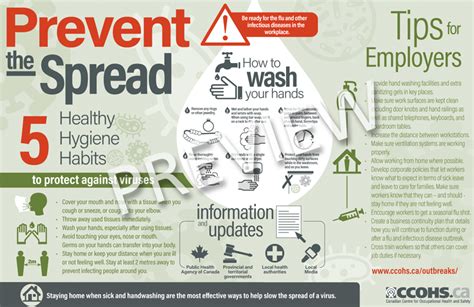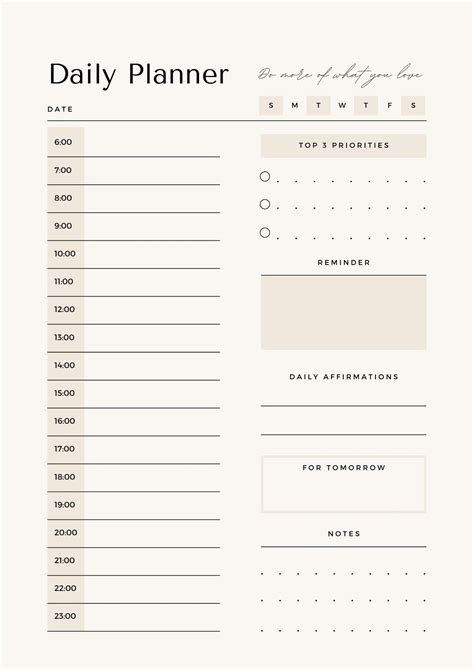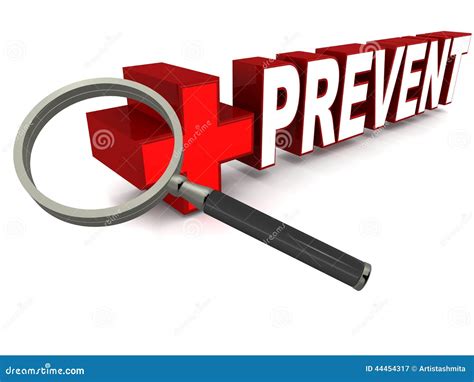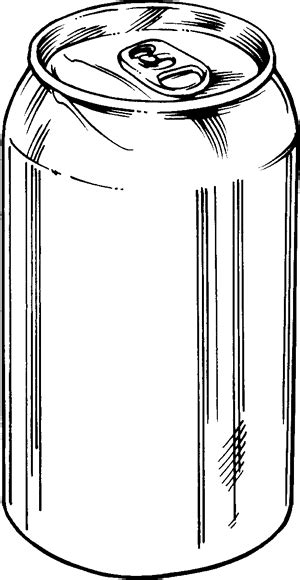What is a common age range when men typically start experiencing symptoms related to benign prostatic hyperplasia (BPH)?

Understanding BPH and Its Age-Related Onset
Benign Prostatic Hyperplasia (BPH), commonly known as an enlarged prostate, is a non-cancerous condition that affects nearly all men as they age. While the prostate gland begins to grow in many men during middle age, the onset of noticeable symptoms typically occurs within a specific age range, often impacting daily life and urinary function.
It’s important to differentiate between the microscopic changes in the prostate that can begin earlier and the clinical symptoms that prompt men to seek medical attention. While some men might have early, subtle signs, the disruptive symptoms tend to emerge later.

The Typical Age Window for Symptom Development
For most men, symptoms related to BPH are rare before the age of 40. However, the prevalence of the condition, and consequently the emergence of symptoms, increases steadily with each decade of life thereafter.
The most common age range when men typically start experiencing bothersome symptoms of BPH is their late 40s and 50s. This is when the enlarged prostate begins to exert enough pressure on the urethra (the tube that carries urine from the bladder out of the body) to cause noticeable urinary issues. By age 50, approximately 50% of men show histological evidence of BPH, and about half of these men will experience symptoms.
The numbers continue to climb dramatically with age. By the age of 60, about 50% of men experience moderate to severe BPH symptoms. This percentage rises to as high as 90% for men in their 70s and 80s. While not every man will develop symptoms that require intervention, the likelihood significantly increases as men get older.

Recognizing the Symptoms of BPH
The symptoms of BPH, often referred to as Lower Urinary Tract Symptoms (LUTS), can vary in severity but generally fall into two categories: obstructive and irritative.
- Obstructive symptoms (due to the prostate blocking urine flow): Weak or slow urinary stream, difficulty starting urination, needing to strain to urinate, dribbling at the end of urination, or incomplete bladder emptying.
- Irritative symptoms (due to bladder irritation from incomplete emptying): Frequent urination, urgency to urinate, and nocturia (waking up at night to urinate).
These symptoms can range from mild annoyance to significantly impacting a man’s quality of life, affecting sleep, work, and social activities.
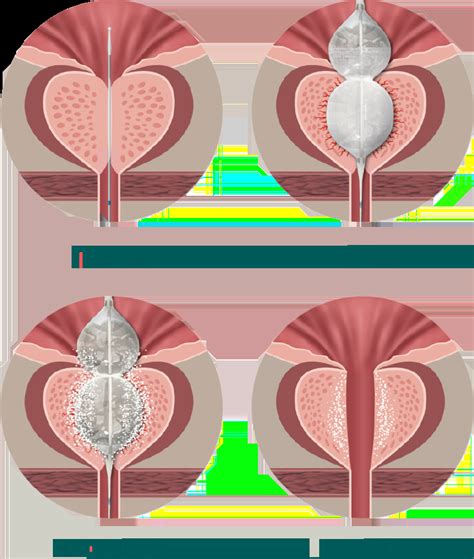
Why Age is a Key Factor
The exact cause of BPH isn’t fully understood, but it’s strongly linked to the aging process and changes in hormone levels, particularly testosterone and estrogen. As men age, the cells in the prostate gland begin to multiply, leading to its enlargement. This growth is typically benign, meaning it is not cancerous, but its location surrounding the urethra means even a small amount of enlargement can lead to significant urinary problems.
Genetic factors, lifestyle, and other health conditions may also play a role, but age remains the most significant risk factor for the development of BPH and its associated symptoms.
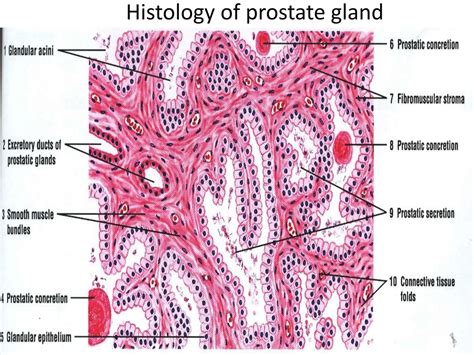
When to Seek Medical Advice
If you are a man in your late 40s or older and are experiencing any urinary symptoms that concern you, it’s crucial to consult a healthcare professional. While BPH is common, other more serious conditions, such as prostate cancer, can present with similar symptoms. A doctor can accurately diagnose the cause of your symptoms through a physical exam, blood tests (like PSA), and other diagnostic procedures.
Early diagnosis and management can help alleviate symptoms, prevent potential complications like urinary tract infections or bladder damage, and significantly improve your quality of life.

Conclusion
While the prostate begins to enlarge in many men much earlier, the disruptive symptoms of Benign Prostatic Hyperplasia most commonly manifest in men aged late 40s to 50s. The prevalence and severity of these symptoms escalate with each passing decade. Recognizing these symptoms and seeking timely medical advice is essential for proper diagnosis, management, and maintaining overall urinary health as men age.

